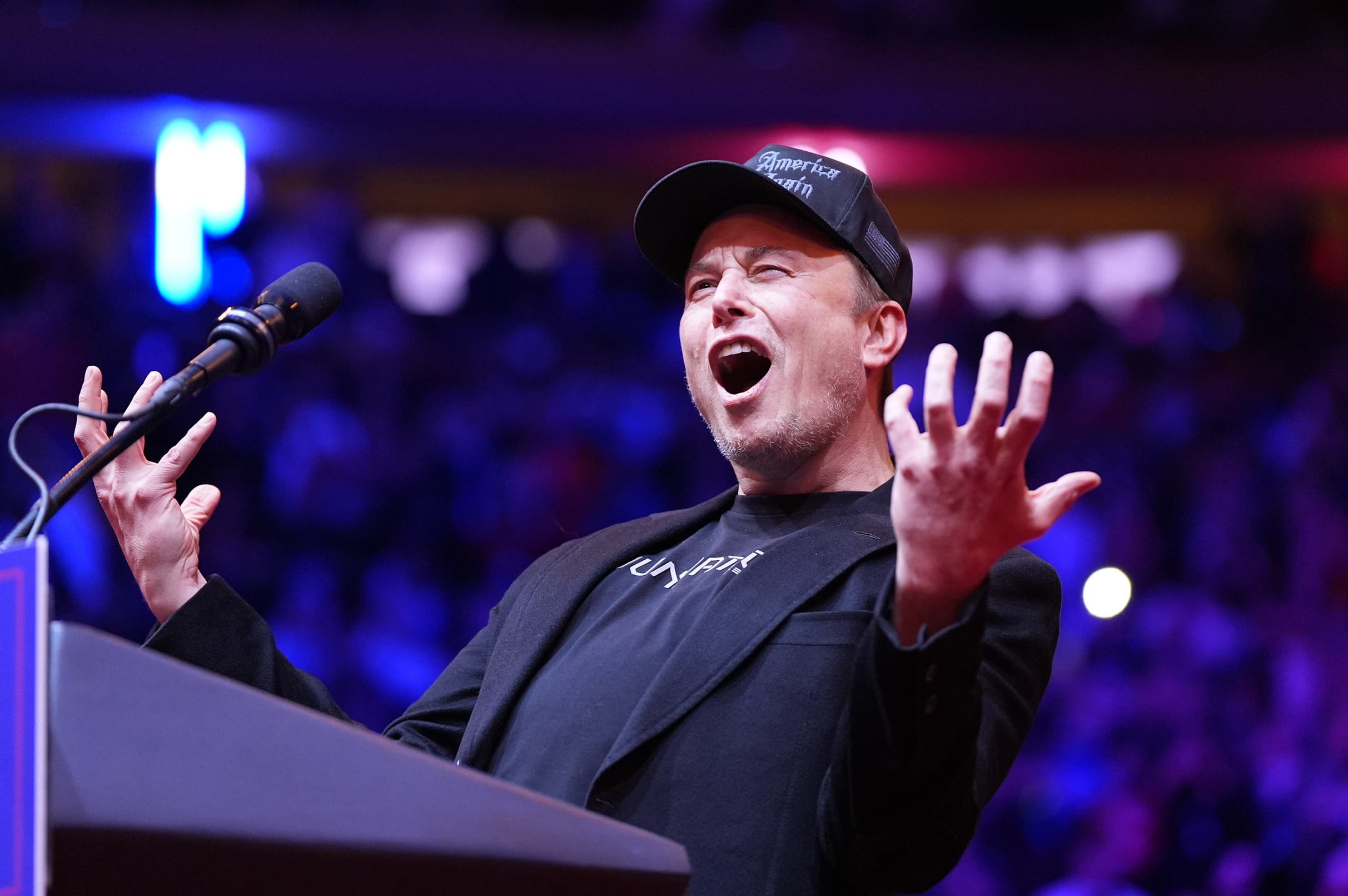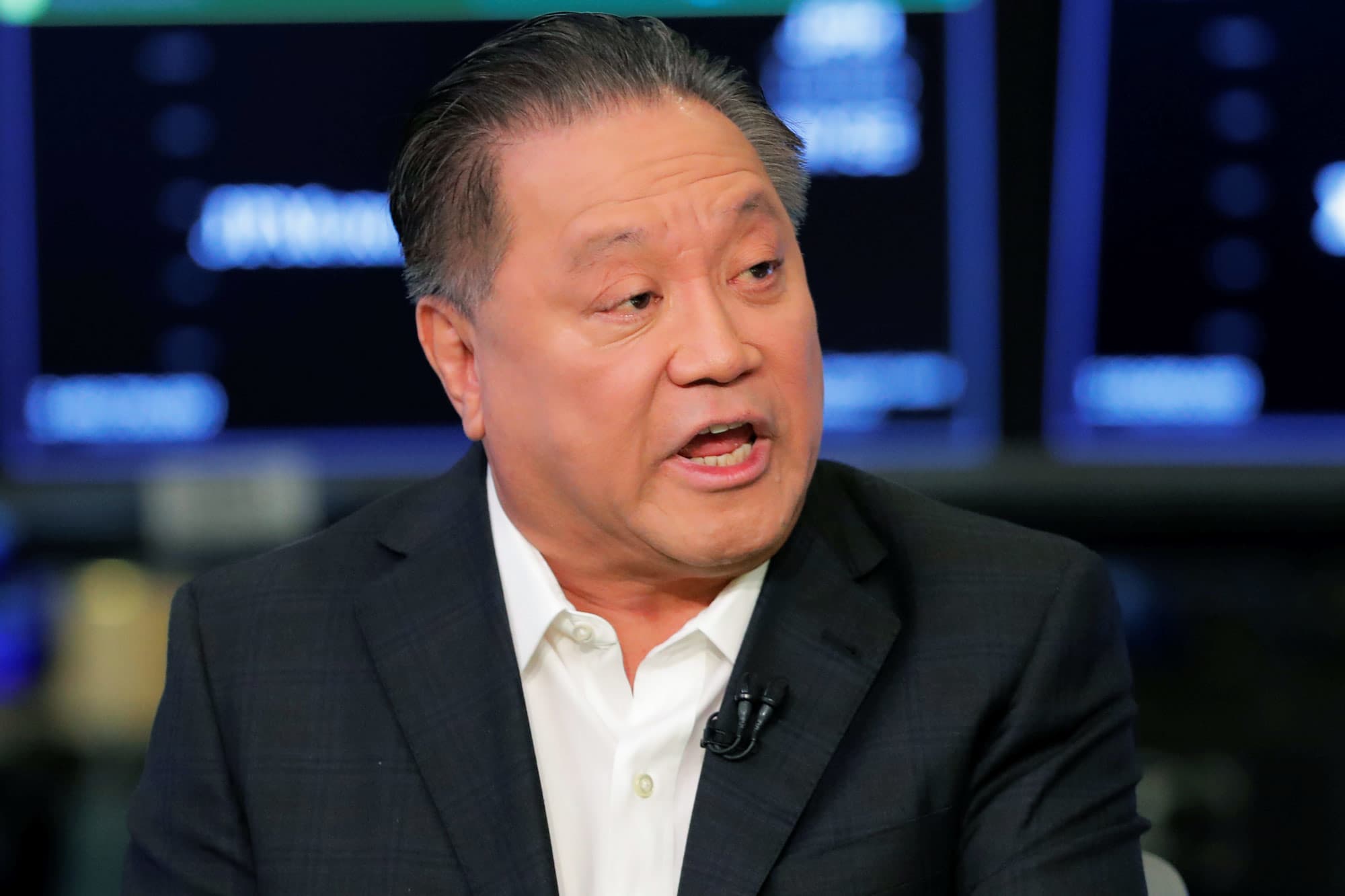Europe is vying for a say in fast-advancing Russia-Ukraine peace talks after the U.S. over the weekend exacerbated fears that Brussels would be absent from the highest level negotiations.
European leaders are gathered in Paris on Monday for an emergency summit, hastily assembled by French President Emmanuel Macron after hopes of Europe’s involvement turned sour at the Munich Security Conference.
Washington and Moscow are set to kick-start discussions to bring about an end to the near three-year Russia-Ukraine war this week in Saudi Arabia, when U.S. President Donald Trump’s top diplomat Marco Rubio sits down Tuesday with Russia’s Sergei Lavrov.
Ukrainian President Volodymyr Zelenskyy confirmed Monday that he will travel to Riyadh on Wednesday, according to Reuters, while noting that Ukraine would not be participating in initial talks between the U.S. and Russia. He added that a further direct meeting with Trump was likely to follow.
“Ukraine will not take part. Ukraine did not know anything about it,” he told reporters during a video briefing from the United Arab Emirates, where he was on a state visit. “Ukraine regards any negotiations on Ukraine without Ukraine as ones that have no result.”
It comes after Trump said Sunday that Zelenskyy would be involved in peace talks with Russia, dispelling conflicting remarks over recent days from U.S. officials.
The EU and the U.K., however, are unlikely to have a physical seat at the negotiating table — either initially or as talks advance, U.S. Special Presidential Envoy for Ukraine and Russia Keith Kellogg said Saturday.
“What we don’t want to do is get into a large group discussion,” he told a fringe event in Munich, noting that allied interests would instead be “taken into account.”
Russia’s Lavrov, meanwhile, weighed in on the confusion Monday, saying, “I don’t know what European countries are supposed to do at talks on Ukraine.”
The U.S. has instead asked European allies to complete a questionnaire outlining how many troops and capabilities they could deploy in Ukraine as security guarantees, according to Reuters. Other questions include what security guarantees Europe would view as a “sufficient deterrent to Russia while also ensuring this conflict ends with an enduring peace settlement.”
The European Union’s foreign policy chief Kaja Kallas said Saturday that a lasting peace agreement would not be possible without Europe’s involvement.
“For anything to work it has to have Ukrainians and Europeans as a part of it, because Ukrainians and Europeans are the ones who need to also implement the deal here in Europe, so without us any deal wouldn’t just work,” she told CNBC’s Silvia Amaro on the sidelines of the MSC.
European Commission President Ursula von der Leyen, meanwhile, warned Friday that failure to secure a “just and lasting peace” for Ukraine would not only “weaken Europe but it would also weaken the United States.”
European ‘electroshock’
Some, nevertheless, have been more critical of Europe’s exclusion from negotiations, with Lithuania’s former foreign minister Gabrielius Landsbergis saying the bloc should have formulated its own strategy for peace.
“I understand the frustration that Europe is not at the table, but the reason why not, is because Europe has very little to offer to the table,” he told CNBC Saturday. “If we would be ready now to offer troops, money, integration to the EU, we could have our own table. We could be inviting Ukrainians and Putin and Trump and whoever to talk about the peace the way that Europe and Ukraine understands that.”
Monday’s summit in Paris comprises representatives from seven European nations, including Germany’s Chancellor Olaf Scholz and Poland’s Prime Minister Donald Tusk. U.K. Prime Minister Keir Starmer is also in attendance, with the British leader saying he hoped to act as a conduit between Brussels and Washington when he is set to meet Trump next week.
Writing on Sunday in the Telegraph, Starmer said if necessary, he was prepared to put British “boots on the ground” in Ukraine to safeguard European security and convince Trump of Europe’s role in guaranteeing peace for Kyiv.
“U.S. desires for peace align exactly with what we want,” Starmer said Monday in Paris, according to Reuters, adding that the continent needed to step up its defense spending — a longtime gripe of President Trump.
NATO Secretary General Mark Rutte on Saturday confirmed that the military alliance would look to increase defense spending targets when members meet for a summit in June. While he didn’t provide a specific figure, he later told Politico’s Paul McLeary that the figure could be “considerably more than 3%.”
Europe is confronting a new reality of a less aligned U.S., both on defense and other shared interests. Leaders were left stunned Friday after U.S. Vice President JD Vance used his speech at Munich Security Conference to launch an attack on European democracy, provoking strong rebuttals from the region.
France’s Economy and Finance Minister Eric Lombard told CNBC Monday that Trump’s election and Vance’s speech had served as an “electroshock” to Europe.
“Europe now has to put its act together to answer,” Lombard told Charlotte Reed, adding that he was “totally confident” that Europe would be able to meet this “historical challenge.”
Germany’s Scholz also forcefully defended Europe’s democratic values on Saturday, and pointed to the threat of “radical anti-Democrats” to the foundations of Germany and Europe.
Still, some EU leaders have expressed concern at a lack of equality across the bloc, exemplified by their exclusion from Macron’s Ukraine summit. Slovenian President Natasa Pirc Musar said in a post on Monday that the cherry-picking of attendees had sent the “wrong message” about European unity on Ukraine and other issues at a particularly pivotal time.
“On a symbolic level, the convenors of the Paris summit are thereby proving to the world that even in Europe countries are not treated equally,” she wrote, according to Google translate. “This is not a Europe that would be respected in the world. This is not a Europe worth considering as a partner for a North American ally.”
– CNBC’s Sophie Kiderlin helped contribute to this report.


